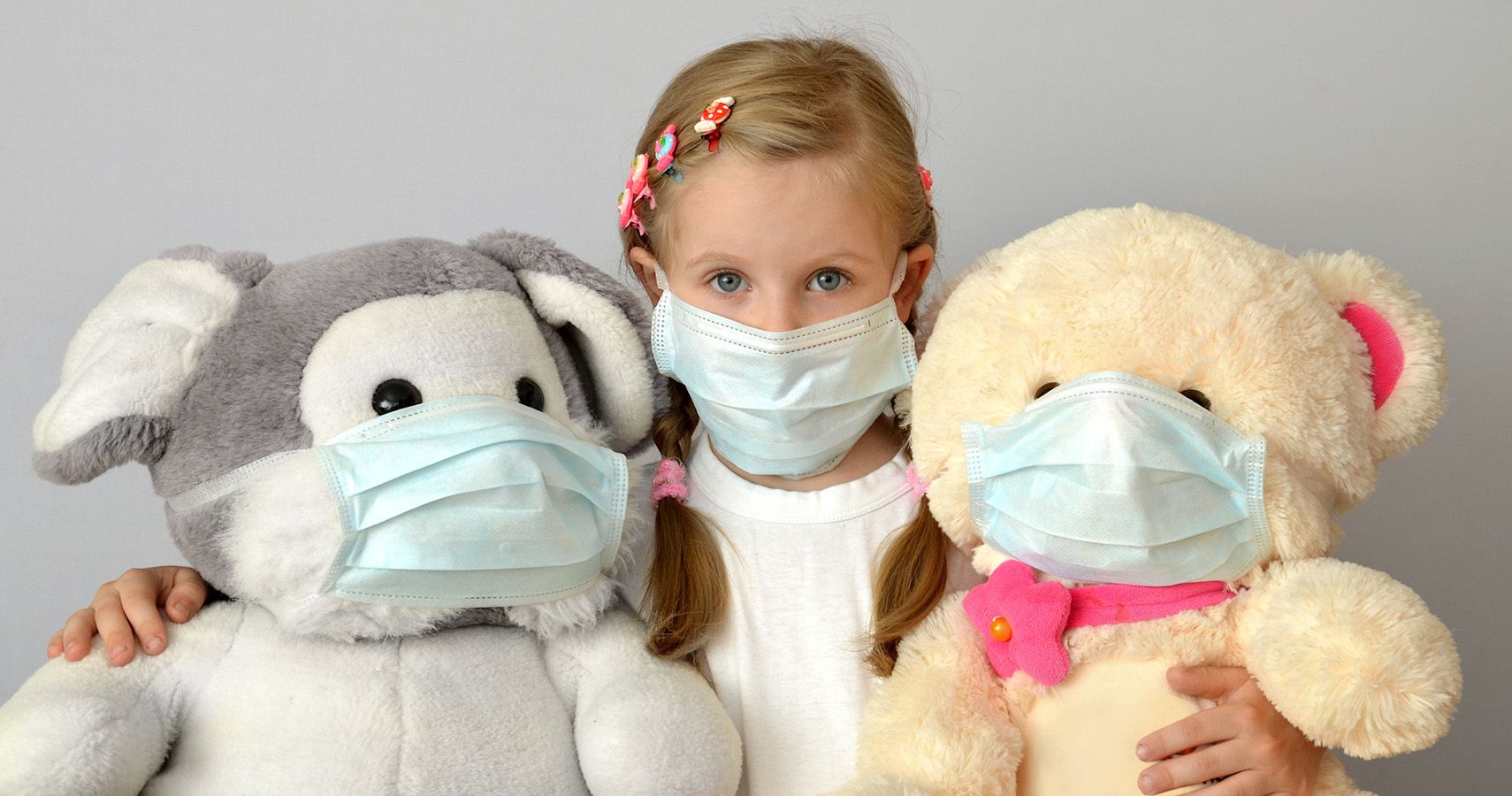In the eyes of my 6-year-old, Coronavirus has become the invisible enemy that is lying in wait behind every door handle, every handclasp, and every kiss. For weeks now, my daughter has lived in fear that her next touch or wipe will be her last. People are getting sick and dying, and it is totally normal for my soon-to-be tween to have moments when she is freaking out.
Currently, with the number of COVID-19 cases in the US exceeding 13,000, with over 300 confirmed cases in my home state, I too, feel worried about the virus, even though I try to stay calm in front of my children. Something huge is going on, and I do not know whether my family’s reaction is largely due to all the news reports or due to the potentially fatal virus itself.
Whatever the case, the Coronavirus pandemic has taken a toll on my youngest child. I am having a hard time with my daughter who is becoming obsessed with cleaning her hands, terrified of touching surfaces, and not wanting to play with our pet dog anymore. Of late, my husband and I have decided to keep the children away from watching news reports because there is a lot of depressing information going around, and we do not want the children to get saddened further by what is happening.
Very early on, I learned how to deal with my anxiety by keeping things in perspective and thinking about all the things that we do every day and that contain some level of risk – like leaving the house and getting struck by lightning. Anyway, I have come up with constructive activities for my children to stop them from focusing on the thing that they are worried about.
Moreover, I have assured my daughter that she is not at risk of catching the virus, especially because she has not made contact with contaminated surfaces or infected patients. While that fact alone helps to calm her nerves, here are a few other things I am doing to help her get through this.
Talking To Her About Her Anxiety
Understanding what you are dealing with is the first step to overcoming fear. With that, I needed to help my daughter understand why she was so deathly afraid of the Coronavirus.
The virus was new and previously unheard of, and it spread from China to other countries like a wildfire. Moreover, at first, everyone was talking about it and thinking that the virus was going to kill every breathing creature on earth.
Consequently, we pointed out that fear, and not the virus, is the big problem.
Talking About COVID-19
This helped my daughter to learn that Coronavirus is a germ that is slightly different from those we have known, because COVID-19 is a type of germ that is not found all over the place.
I reminded my daughter of the fighters that she has inside her body; they are very strong and are fighting off bad germs. Additionally, I encouraged her to be brave just like those fighters, because worry affects the mind and makes the fighters feel like they do not have the power to fight.
Leading By Example
That means that I should not be pouring a whole bottle of antiseptic soap on my hands one trillion times a day. Otherwise, I cannot tell my daughter not to be anxious when I am practically bathing in antiseptic soap.
Additionally, I stopped reminding her to wash her hands every time she moved because that fueled her anxiety. My talk about Coronavirus when it reached the US had a lot to do with things we should avoid doing, and I forgot that somewhere in between we had a life to live.
To help my daughter better, I made a list of when it was appropriate for her (as well as for my other children) to wash hands, which has helped them not to have a skewed view of reality.
Children are emotional and able to pick up on fear and anxiety very easily. Playground murmurings about the virus began a while ago when my children were still in school. I am doing my best to take the sensationalism out of reality, by stating the facts straight and simple.

